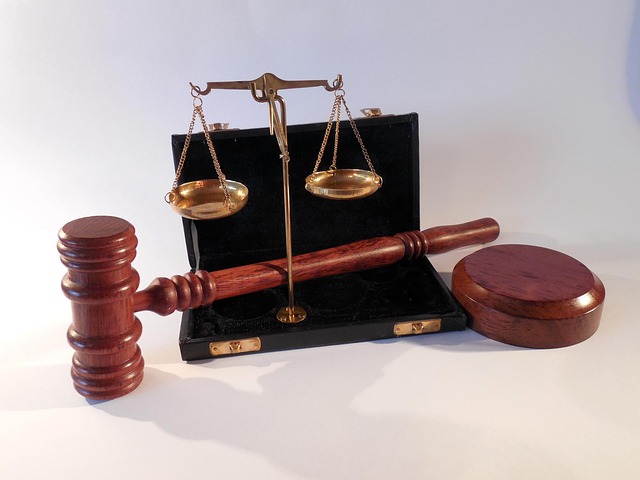Antitrust violation cases ensure market fairness by preventing powerful businesses from abusing their dominance. Victims of direct harm caused by these violations can file personal injury claims for compensation, requiring evidence of tangible damage and legal expertise to navigate complex antitrust laws. Initiating with a formal complaint, the process involves investigation, potential trial, and the possibility of substantial financial recompense against challenging defenses. Understanding how to file a personal injury claim is crucial for justice in these complex cases.
Antitrust violation cases shed light on corporate practices that harm consumers. If you’ve suffered from price-fixing, market manipulation, or exclusive dealing agreements, you may be eligible for compensation through personal injury claims. Understanding these cases involves grasping the specific behaviors that breach antitrust laws and the damages they inflict. This guide explores eligibility criteria for such claims, providing a roadmap on How to File a Personal Injury Claim, from identifying violations to navigating legal proceedings and seeking just compensation.
- Understanding Antitrust Violation Cases
- Eligibility Criteria for Personal Injury Claims
- Navigating Legal Proceedings and Compensation
Understanding Antitrust Violation Cases
Antitrust violation cases involve businesses or individuals breaking laws designed to promote fair competition in the market. These cases are crucial in maintaining a level playing field for all participants, preventing dominant companies from abusing their power. Understanding how these cases unfold is essential, especially if you’re considering How to File a Personal Injury Claim related to antitrust issues. The process begins with an investigation by regulatory bodies like the Department of Justice or Federal Trade Commission (FTC), which examine potential violations at all stages of the investigative and enforcement process.
If evidence supports allegations, the agency may file charges, leading to legal battles where the goal is not necessarily a complete dismissal of all charges but rather a resolution that ensures compliance with antitrust laws. These cases often deal with white-collar and economic crimes, reflecting the complex nature of modern business interactions.
Eligibility Criteria for Personal Injury Claims
When it comes to antitrust violation cases, individuals who have suffered personal injuries due to such violations may be eligible to file a claim for compensation. The first step in understanding eligibility is to recognize that not all victims can seek legal recourse. Typically, those who can pursue a personal injury claim must demonstrate direct harm as a result of the antitrust breach. This could include financial losses, physical or emotional distress, or any other form of tangible damage.
To file a successful personal injury claim, it’s crucial to gather comprehensive evidence documenting the violation and its impact on the victim. This may involve legal expertise to navigate complex antitrust laws and regulations. An attorney specializing in these cases can guide clients through the process, ensuring their rights are protected. Given the intricate nature of antitrust litigation, having an advocate with an unprecedented track record in defending clients’ interests within the philanthropic and political communities is often beneficial.
Navigating Legal Proceedings and Compensation
Navigating Legal Proceedings and Compensation
When facing antitrust violation cases, understanding the legal proceedings is crucial. The first step for individuals or businesses affected by such violations is to gather comprehensive evidence of the harm incurred. This includes documentation of any financial losses, market disruptions, or competitive disadvantages suffered as a result of the suspected misconduct. Following this, it’s essential to consult with experienced legal counsel who can guide them through the intricate all stages of the investigative and enforcement process.
The process involves filing a formal complaint with the relevant antitrust authority, which initiates an investigation into the alleged violations. If the case proceeds to trial, individuals or businesses can seek compensation for their losses. An unprecedented track record of successful claims demonstrates the potential for substantial financial recompense, especially in cases involving winning challenging defense verdicts. How to File a Personal Injury Claim is a question that becomes increasingly relevant as these cases unfold, ensuring victims are not only reimbursed but also receive justice.
Understanding antitrust violation cases is crucial for those looking to file a personal injury claim. By knowing the eligibility criteria and navigating legal proceedings effectively, individuals can seek compensation for harm caused by anticompetitive practices. If you’ve been affected, don’t hesitate to delve into the process and explore your rights, especially when it comes to How to File a Personal Injury Claim.






